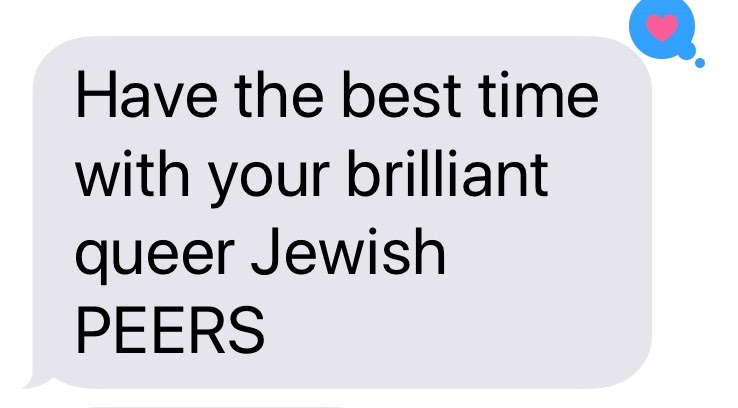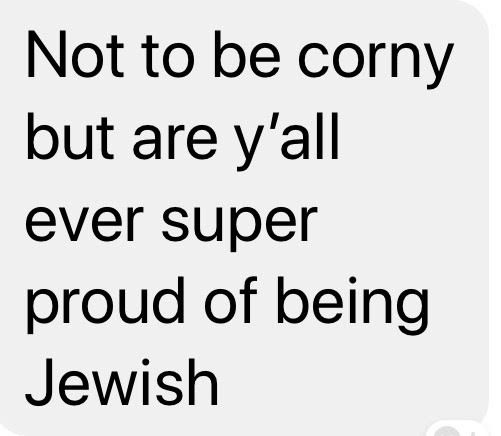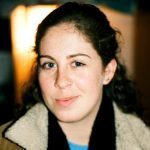The New Voices fellowship held me through moments of intense growth and transition this year. Since the fellowship began, I learned how to make zines, fact check, write a weekly newsletter, finish an undergraduate thesis, and graduate from college. I spent almost ten months on an investigative reporting piece, committed my free time to Jewish community organizing, and planned magazine release parties. I had the honor of working with Jewish publications unapologetic about celebrating diaspora and unafraid to hold Jewish communal institutions to account.
I learned about the Jewish philanthropic world’s reliance on mega-donors and the independent media world’s reliance on foundations. I listened to Jewish student activists from disparate campuses discuss their vision for a Jewish community rooted in justice and inclusion. I challenged Jewish institutions on my own campus to engage with discussions about Israel-Palestine and to be more transparent about their right-wing funding. From this reporting, I found comfort and community in other young Jews who were building multi-racial coalitions and fighting white supremacy. I finally started to believe that I did not have to leave Jewish spaces in order to fully express my critiques of mainstream American Jewish politics, or to fully express myself.
Soon after we met in January, the New Voices fellows fell into quick ease with one another, despite the fact that we convened only infrequently and over glitchy Zoom calls. Our group message became a home for check-ins both intimate and surface-level – the fellows held one another in our frustrations with family, with bad takes, with Nazis, with progressive-except-for-Israel groups, with the journalism industry, and with transphobes. I often felt that we were approaching a parody of young radical Jews, doing such things as critiquing Jewish Twitter drama and kvelling over the queer Jewish archive and reading aloud from an anthology of Jewish lesbian poetry in a Brooklyn park on the day when several of us finally met in person. But I never felt the need to posture or perform. Each fellow taught me that liberation requires me to show up as my full self.
It would be too romantic to claim that I found only commonality with the other fellows. I often felt challenged by their desire to tear down institutions or to turn toward religious observance for answers or to pursue writing and art-making in dark times calling urgently for action. I don’t feel satisfied that we answered (is there an answer?) the question of whether the attempt to make meaning while the world is burning, or to write about the temperature of the fire and its rather beautiful way of illuminating our fingernails, is self-indulgent. I still feel pessimistic about the possibility of cultivating institutions committed to justice work without compromising our principles for a check or sacrificing the goal of organizing ourselves out of a job.
I also made numerous mistakes this year, not the least of which included misspellings and missed emails. I frequently felt unprepared to sit at what felt like the adults’ table.
But I also made work that I am proud of and was inspired by the work of my peers. In November, I started writing songs after many years of ignoring the itch to create. The first one was a niggun, a wordless melody. I rediscovered the power of art and creativity from the other New Voices fellows; when I write the next niggun, I will send it to them first.



